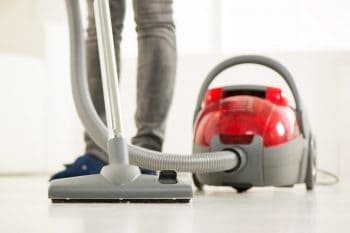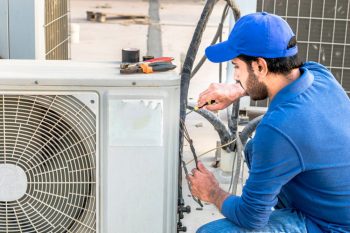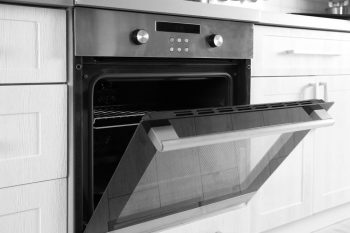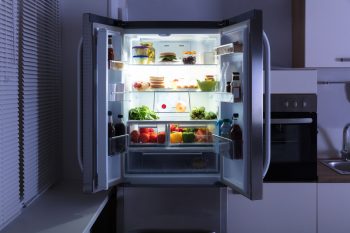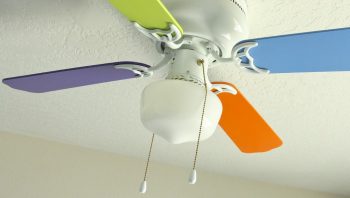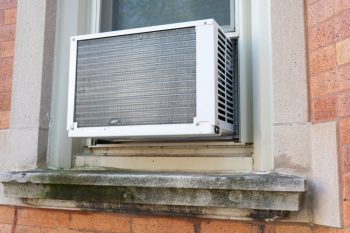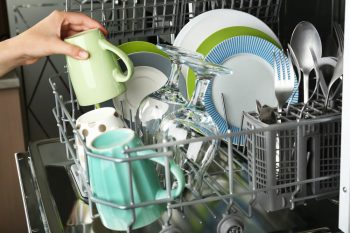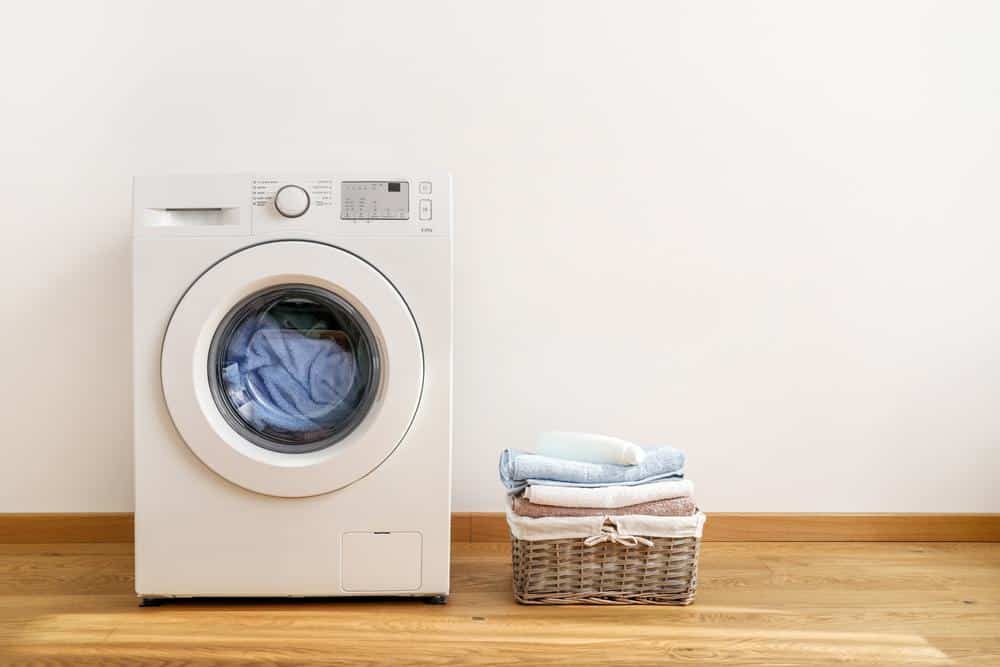
Choosing a washing machine may seem like a simple task, but with the wide variety of models, types, and features available in the market, it can quickly become overwhelming. This comprehensive guide will help you understand what to look for when shopping for a new washing machine, ensuring you make an informed decision that suits your needs and preferences.
Choosing a washing machine involves considering the type of machine that suits your needs – from top-load agitators to front-load washers, the size and capacity based on your household, energy efficiency, spin speed, and performance. Consider additional features for convenience, assess the durability and reliability through customer reviews and warranty length, and finally, choose a reputable brand and model that aligns with your specific laundry needs.
Types of Washing Machines
There are several types of washing machines available, each with its own functionality and features. Here are the main types:
- Top Load Agitator Washers: More traditional and budget-friendly, these machines have a central agitator that moves clothes around to clean them. However, they use more water and have a smaller capacity.
- Top Load Impeller (High Efficiency) Washers: These washers replace the agitator with an impeller, a smaller rotating hub that rubs clothes against one another for a gentler and more efficient wash.
- Front Load Washers: Known for their superior cleaning performance, these machines are energy-efficient and water-conserving. However, they may have a higher upfront cost and require bending or kneeling to load and unload.
- Washer-Dryer Combo: Ideal for small spaces, these machines combine both washing and drying functions in a single unit.
- Compact and Portable Washing Machines: Designed for small spaces or situations where a full-sized washer is not feasible.
Size and Capacity
The size and capacity of a washing machine play a crucial role in its performance and suitability for different households. Larger washing machines are suitable for big families, while smaller machines are more economical for individuals or couples. When choosing a washing machine, consider the size of your household and the amount of laundry you typically need to wash.
Energy Efficiency
Look for energy-efficient models to save on electricity costs. ENERGY STAR certified washing machines use 25% less energy and 33% less water than non-certified models. Also, consider models with high Integrated Modified Energy Factor (IMEF) and low Integrated Water Factor (IWF) ratings for better efficiency.
Spin Speed and Performance
The spin speed of a washing machine impacts its effectiveness in cleaning clothes by determining how much water is removed from the garments at the end of the wash cycle. Delicate fabrics may require slower spin speeds to prevent damage. However, higher spin speeds extract more water, reducing drying time and energy consumption.
Additional Features
Modern washing machines come packed with features for enhanced performance and convenience. Some beneficial features include delay start timers, auto sensing, quick wash settings, and load detection. Some models even offer smart connectivity, allowing you to control and monitor your washing machine from your smartphone.
Durability and Reliability
To assess the durability and reliability of different models, look at customer reviews, brand reliability, warranty length, and the machine’s capacity and size. Brands like LG, Samsung, and Whirlpool are known for their reliable and durable washing machines.
Choosing a Brand and Model
Some reputable washing machine brands include LG, Maytag, Electrolux, Miele, Samsung, GE, and Whirlpool. When choosing a model, consider factors such as capacity, efficiency, features, and your specific laundry needs.
Remember, buying a washing machine is an investment. Take your time to research and choose a model that best suits your needs. With the above information, you’re well-equipped to make an informed decision. Happy shopping!
Frequently Asked Questions
What is the average lifespan of a washing machine?
The average lifespan of a washing machine is around 10 to 14 years, depending on the brand, model, and maintenance.
How often should I clean my washing machine?
It is recommended to clean your washing machine once a month to keep it running smoothly and prevent odors.
What are some common issues with washing machines?
Some common issues with washing machines include not draining properly, leaking water, making excessive noise, not starting, and not spinning or agitating.
Is it worth it to repair a washing machine, or should I replace it?
Whether to repair or replace a washing machine depends on the cost of the repair, the age of the machine, and its overall condition. As a general rule, if the repair cost is more than half the cost of a new machine, it might be better to replace it.
What does the ENERGY STAR certification mean?
The ENERGY STAR certification is a label given to products that meet strict energy efficiency guidelines set by the U.S. Environmental Protection Agency and the Department of Energy. Products with this label are designed to save energy without sacrificing features or functionality.

